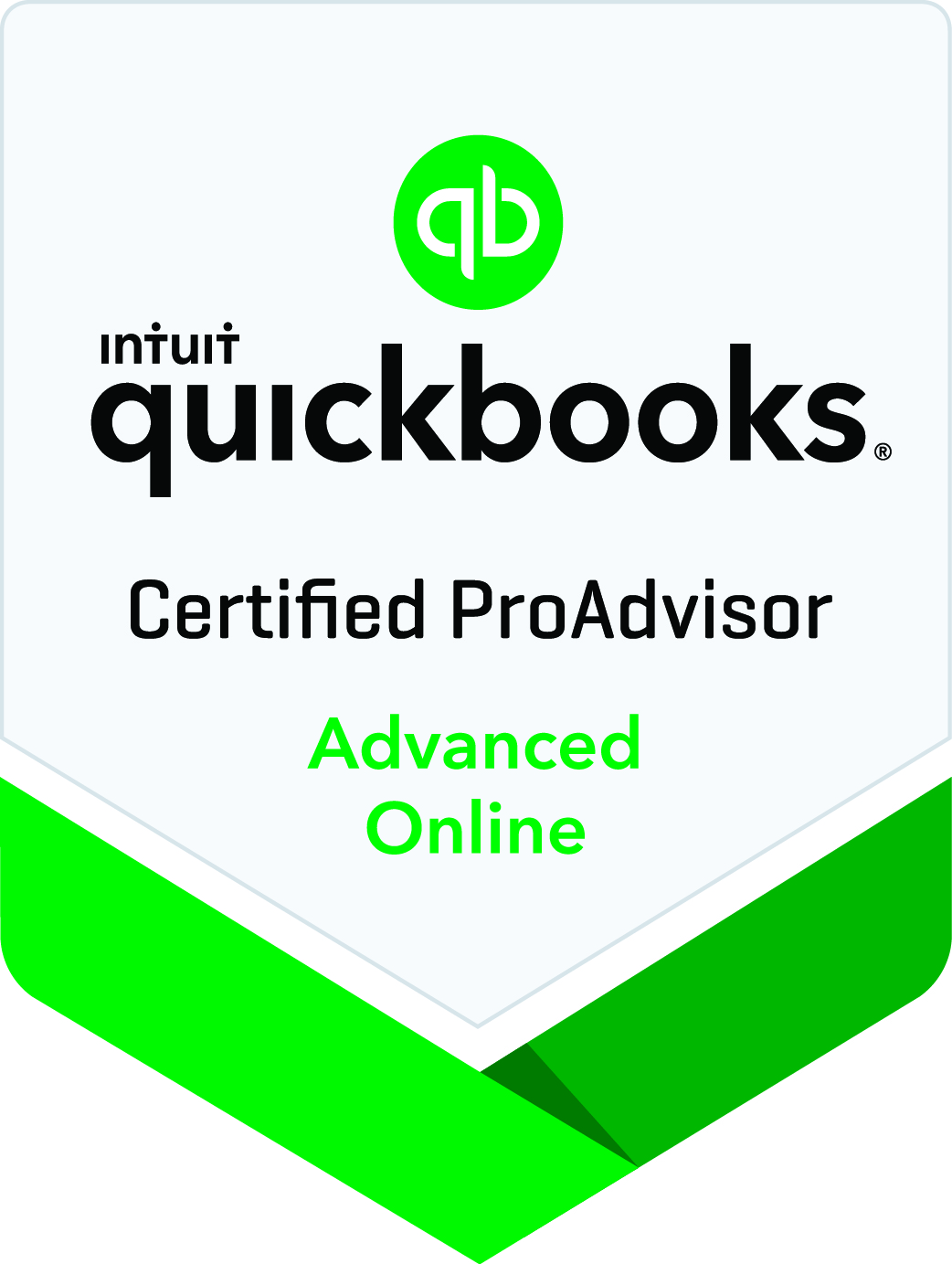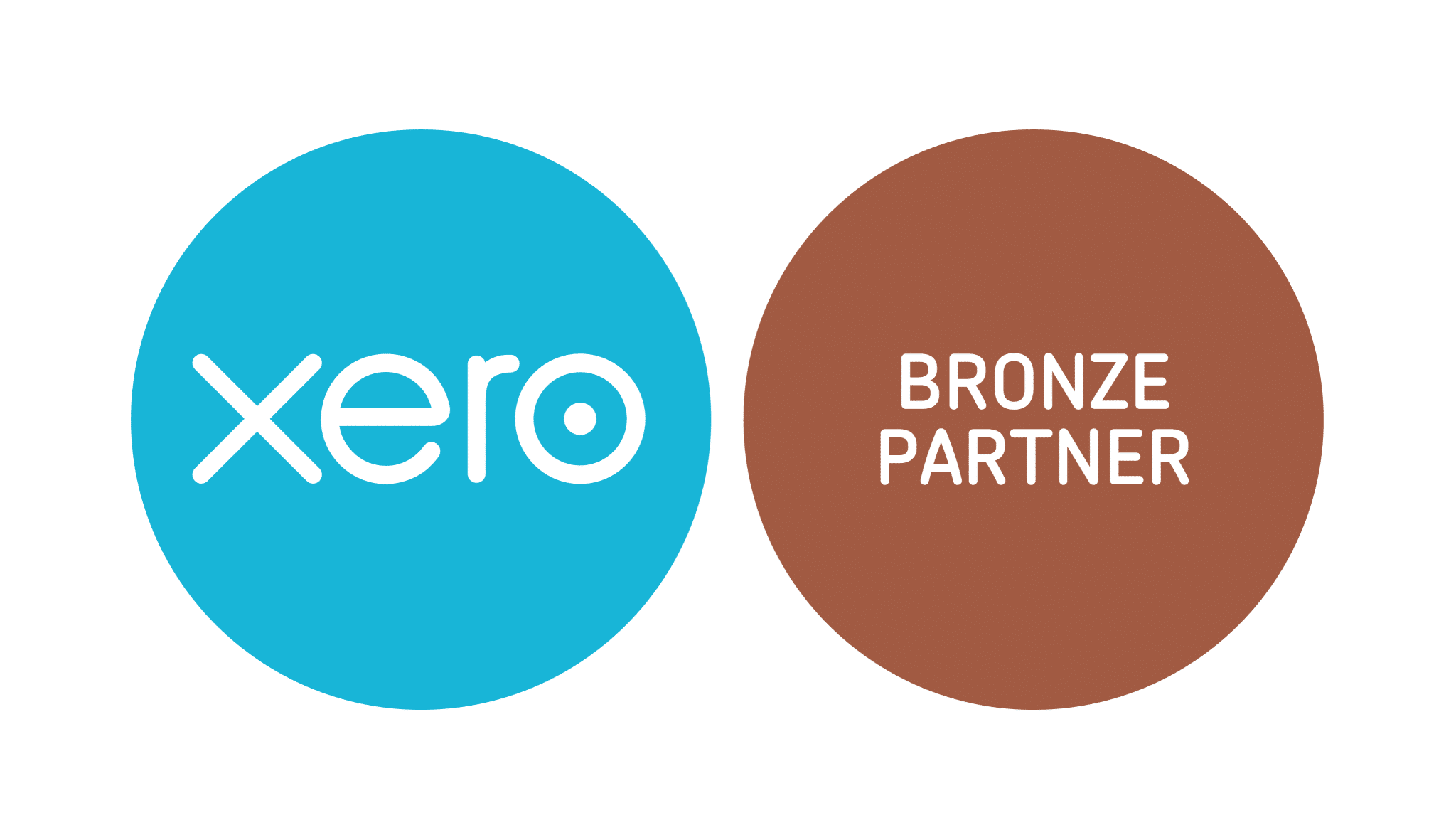High Income Child Benefit Charge

A household that received child benefit between 6 April 2024 and 5 April 2025 where one parent earned ‘adjusted net income’ of £60,000 or more may need to pay some or all of the benefit back. The benefit is withdrawn at a rate of 1% per £200 of income over £60,000. This means that if a parent earned £80,000 or more then all of the child benefit must be paid back. The parent with the higher income would need to pay the child benefit back by completing a 2024-25 tax return even if it was the lower earning parent that actually received the benefit.
The deadline for submitting the tax return and paying the high income child benefit charge to HMRC is 31 January 2026. However, those individuals that have not needed to complete a tax return in the past will first need to register for self assessment. HMRC must be notified of the need to complete a 2024-25 tax return by 5 October 2025 to avoid having to pay a penalty. In the March 2025 Spring Statement, it was announced that from the summer of 2025 there will be an option for individuals to report child benefit payments and pay the charge directly through their PAYE tax code instead of filing a self assessment tax return, though no further details about this option are yet available. The new digital service will be optional and those who choose to pay the charge through their self assessment will be able to continue to do so.
The charge will not be applicable to households for the 2024-25 tax year if they opted out of child benefit before 6 April 2024 or those in which no individual earns more than £60,000. Parents who have previously either not claimed the benefit at all or opted out but may now be eligible to retain some or all of the benefit are advised to make a claim or revoke previous elections to opt out of the benefit.
Individuals that know they won’t be entitled to any child benefit for the next 2026-27 tax year may wish to opt out of the payments by 5 April 2026 to avoid having to file a 2026-27 tax return and repaying the benefit. The easiest way to manage this is through the HMRC app. Note that we always recommend filling in the child benefit claim form for each child and then opting out of payments as the initial child benefit registration provides national insurance credits to the parent making the claim, which counts towards state pension eligibility. Claiming child benefit also means that the child will automatically receive their national insurance number once they turn 16 rather than having to remember to apply for one.




